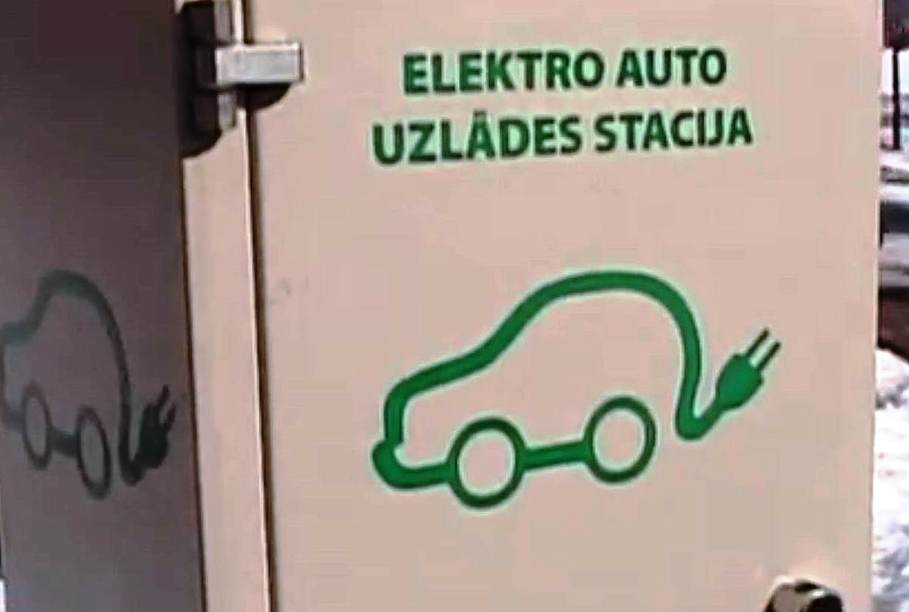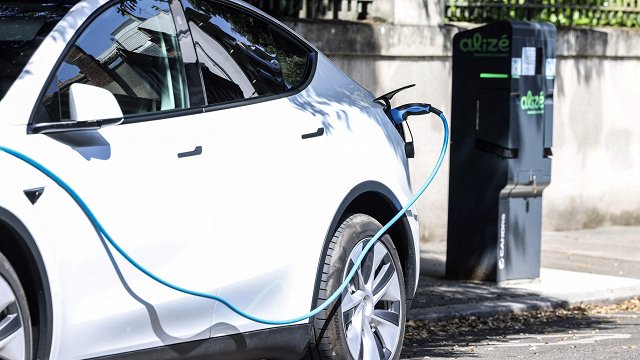Since April, a state aid program for the purchase of electric vehicles has been in action The purchase of a new electric vehicle is supported by a co-payment of €4,500, while for a used electric vehicle, €2,250 is supplied. An additional €1,000 is supplied for the transfer of the old car to recycling. Approximately 100 contracts have been concluded. Currently, the process has stopped because electricity dealer warehouses are empty, said Gints Kārkliņš, financial manager of the Latvian Environmental Investment Fund.
"This is more related to global aspects affecting the capacity of car manufacturers to produce electric vehicles to the extent needed. Our forecast would be that the situation will improve from January next year, as car vendors are also actively working to increase the number of electric cars to be delivered next year when more electric vehicles will be available and hopefully better prices," Kārkliņš said.
Car production has been significantly affected by a long-standing shortage of semiconductors and other raw materials due to Covid-19, and the Russian invasion of Ukraine is now also a major problem. Car manufacturers do not cope with the growing demand for electric vehicles, said Andris Kulbergs, head of the Latvian Auto Association.
In view of these shifts, the Ministry of Environmental Protection and Regional Development, which is responsible for the progress of the program, should extend its duration, otherwise, this option will remain unused, said Kulbergs.
Statistics compiled on the national copayment purchases of electric vehicles have shown that the most popular choices were Nissan, Hyundai, Dacia Spring, Kia, and BMW. Average prices of these vehicles range from EUR 14,500 to EUR 38,000, which in the world of electric cars are low to average prices.
“Residents look at the cheap end or middle-segment cars. Models of the expensive segment as “Tesla” don't appear at the cars sold,” added the representative of the Latvian Environmental Investment Fund.




























